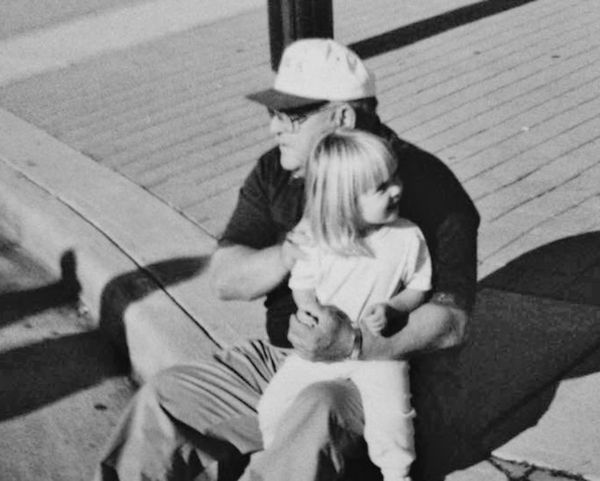I often feel a tinge of guilt for not visiting my grandparents as often as I could. A call here and there, brief visits, but always ending with, “Well, I have to be going, I have to…(enter excuse here)." In an ever-changing material culture, the elderly are merely an inconvenience to our busy lives. Alzheimer's, cancer, disability, Parkinson's disease...let someone else take care of them, I don’t have time for that. As our family members age and can no longer take care of themselves adequately, naturally the family shoves them in nursing homes, assisted living centers, and retirement communities. Just because they slow down doesn’t mean I have to, right?
As harsh as it sounds, that’s Western Culture. It’s America’s norm to place our elders in care facilities when they become incompetent. Though I often question the morality of this—do we ever stop to consider what our parents want, before we place them in a “home”? The fact that it is called a “home” is interesting in itself. When I think of home, I imagine being surrounded by my family—familiar faces I can trust. Though it seems we often break this trust barrier when we tear the elderly from their actual homes and place them in artificial ones.
American scientist Jared Diamond explains in his TED talk, "How societies can grow old better," why we treat the elderly with such little respect in American culture, “There are several reasons for this low status of the elderly in the U.S. One is our protestant work ethic which places high value on work, so older people who are not working are not respected. Another reason is our American emphasis on the virtues of self-reliance and independence, so we instinctively look down on older people who are no longer self-reliant and independent.”
Diamond goes on to explain the importance of the youth over the elderly in modern society. Younger people are considered more valuable in modern society because they have more life ahead of them, “even though they have fewer years of valuable life experience behind them.” He then gives an example of two patients waiting for a heart transplant, a young person and an old person. When it is available, the young person is granted the heart over the older person. Ultimately, in American society, the value of your life decreases as you age.
The abundance of technology and literature in modern society is another factor that adds to the elderly’s low status. Diamond explains, “Widespread literacy means that they (the elderly) are no longer useful as repositories of knowledge. When we want some information we look it up in a book or we google it, instead of finding some old person to ask.” With seemingly everyone having a smartphone, the answer to nearly any question is just seconds away on Google. The need for older people as sources of wisdom is outdated in modern society.
Though in others cultures, such as small traditional societies, the elderly are often viewed as useful sources of knowledge and they keep, if not increase, their value as they age. They live by their relatives, children, and friends throughout their life, whereas in modern society we often spend our adulthood separated from our family. Within these traditional societies, such as the New Guinea farming societies where Diamond lived and conducted his research for over 50 years, the elderly are still effective at producing food, tools, weapons, baskets, pots, and textiles. They are often the best at it, too—after years of experience—and they are needed to pass down this knowledge for future generations. Their elderly are treated with utmost respect and care in most traditional societies, and Diamond considers the possibility of treating our elderly in America as well as traditional societies treat theirs, “We admire and envy and wonder whether we could adopt those practices ourselves.”
How we treat our elderly says a lot about our values as a country. In America, as Diamond says, we place high value on work and independence. As a result, older people become inferior when they can no longer contribute to society or take care of themselves, and more often than not we place them in care facilities. It’s the easy thing to do and it is widely accepted within American society. Though before you consider placing your loved one in a nursing home, consider what we could learn from traditional societies and how they treat their elderly. In modern societies we become so distracted by our own lives and problems that we disregard what is the best for our parents and grandparents.























